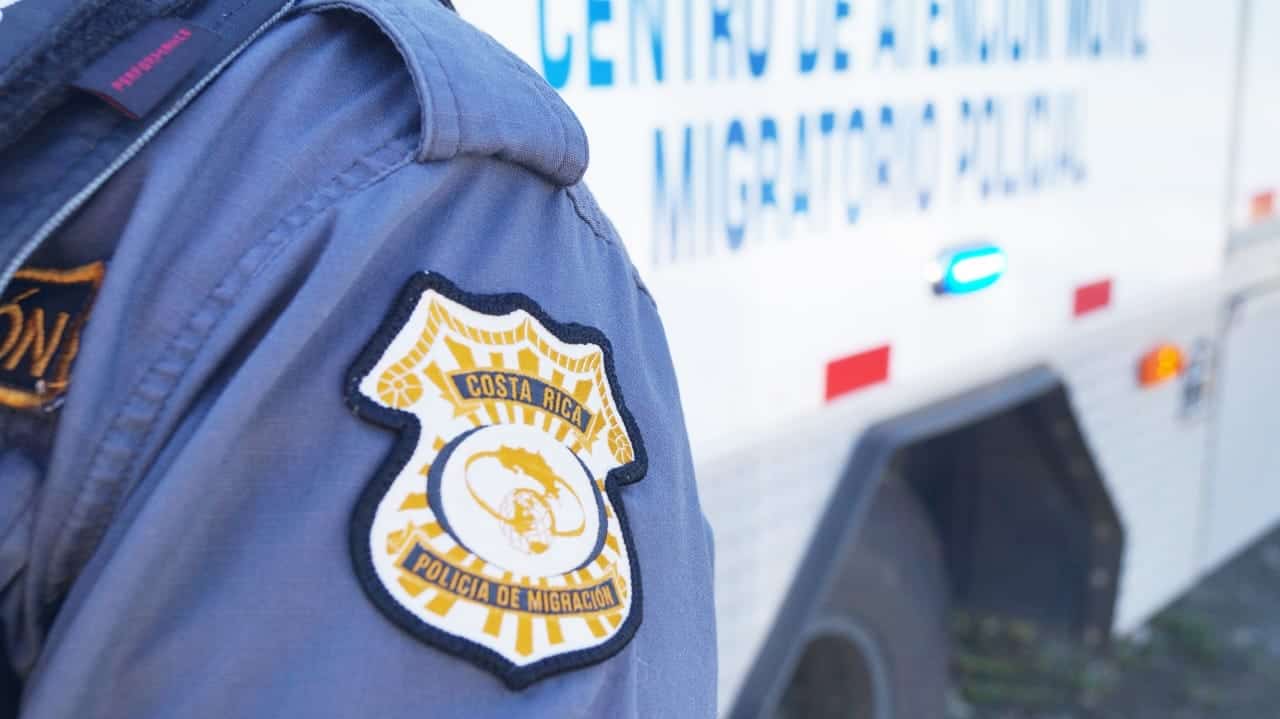Yesterday, The United Nations presented the “People in Transit Preparedness and Response Plan 2023 for Costa Rica,” aimed at assisting migrant populations in transit who are vulnerable.
In 2022, over 226 thousand people entered Costa Rica through the border with Panama. This represents an 80% increase when compared to 2021.
The plan involves other agencies such as the International Organization for Migration (IOM), the United Nations Children’s Fund (UNICEF), the United Nations Population Fund (UNFPA), the World Health Organization (PAHO/WHO), and the United Nations High Commissioner for Refugees (UNHCR).
Allegra Baiocchi, United Nations Resident Coordinator in Costa Rica, remarked on the importance of joining efforts and supporting migrants in transit who are “in vulnerable situations, providing humanitarian assistance and combating indifference, prejudice, and racism.”
The UN explained that the provision of shelter, food assistance, water, sanitation and hygiene, access to health and education, integration, information, and communication management were reinforced in said plan.
“Costa Rica has been recognized for the protection of human rights, and this action plan is a fundamental tool to supporting the State, the rights of migrants, and their dignity,” highlighted the UN coordinator.
This year, the United Nations will provide more than 342 million colones to finance this plan. Nonetheless, the organization emphasized that over 6700 million colones are required to ensure its fulfillment.
“The role of the private sector, local governments, and joint advocacy between the Costa Rican government and the United Nations System will be decisive in obtaining the required resources,” the UN stated.
Certainly, the crisis faced by many Latin American countries has forced many to flee and seek shelter elsewhere. However, Costa Rica’s limited funds aren’t enough to provide the appropriate care this population needs and deserves.






